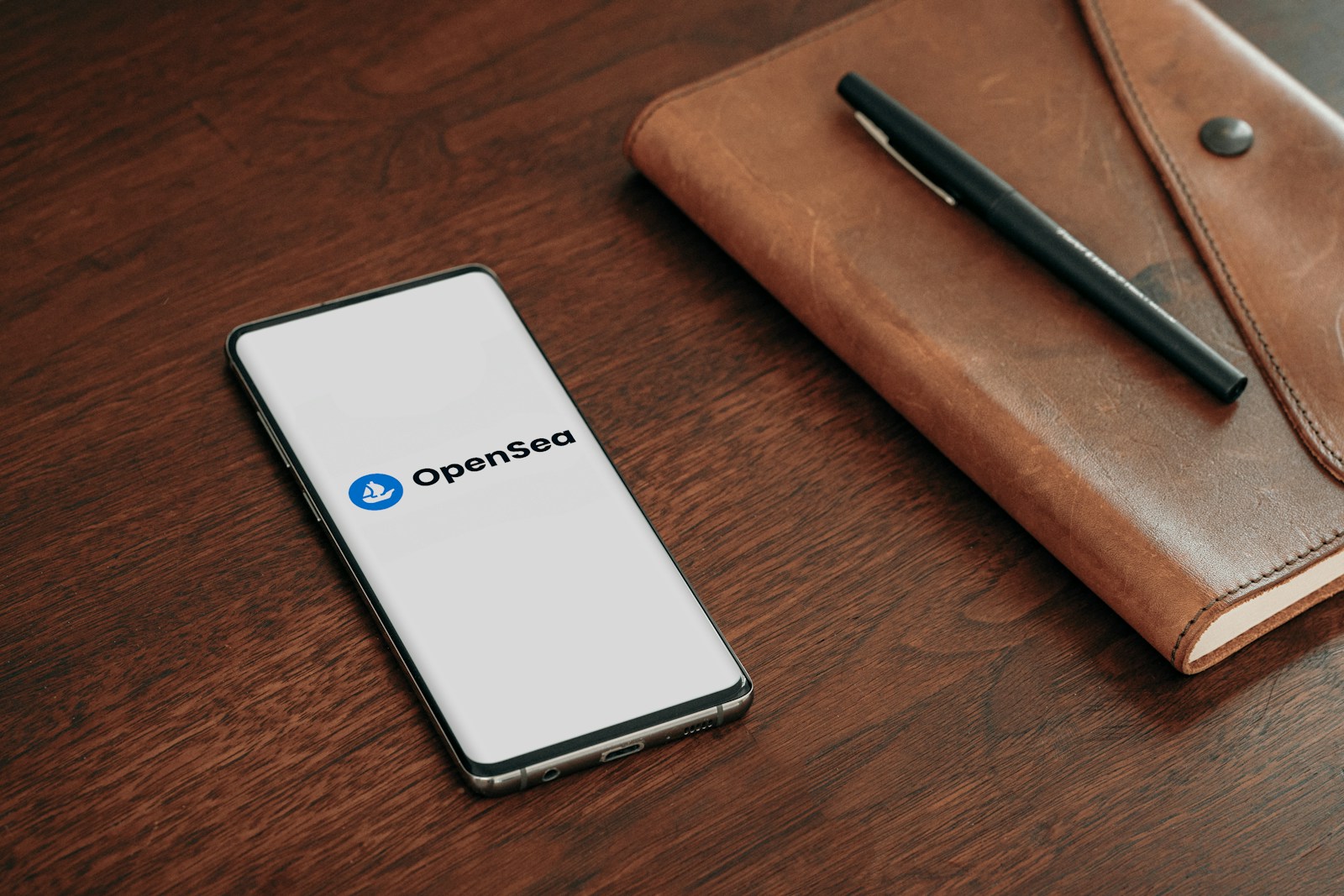
现金
xiàn jīn

cash
The Chinese word '现金' is used very similar to how 'cash' is used in English. It refers to money in the physical form of currency, such as banknotes and coins. In context, you might use '现金' while purchasing items in a store, or when discussing financial topics.
Example sentences using: 现金
我只接受现金。
Wǒ zhǐ jiēshòu xiànjīn.

I only accept cash.
This is a declaration of the speaker's mode of payment, indicating that they do not take any alternatives but cash.
现金多少?
Xiànjīn duōshǎo?

How much cash?
This is an inquiry about the amount of cash one possesses or has to pay.
你有现金吗?
Nǐ yǒu xiànjīn ma?

Do you have cash?
It is a query about whether the person has any cash with them.
他正在兑换现金。
Tā zhèngzài duìhuàn xiànjīn.

He is exchanging for cash.
This phrase describes the action of someone obtaining cash, potentially in exchange for goods or services.
你喜欢使用现金吗?
Nǐ xǐhuan shǐyòng xiànjīn ma?

Do you like using cash?
A question asking about someone's preference in using cash as a mode of payment.
我们没有现金了。
Wǒmen méiyǒu xiànjīn le.

We've run out of cash.
A statement announcing the depletion of available cash.
现金在哪里?
Xiànjīn zài nǎlǐ?

Where is the cash?
A question asking about the physical location of the cash.
他们没有带现金。
Tāmen méiyǒu dài xiànjīn.

They didn't bring any cash.
A statement expressing the fact that 'they' did not bring any cash with them.
他是一个现金买家。
Tā shì yīgè xiànjīn mǎijiā.

He is a cash buyer.
The phrase tells that the person buys things using cash, and doesn't use credit.
你可以存一些现金。
Nǐ kěyǐ cún yīxiē xiànjīn.

You can save some cash.
A suggestion for the person to set aside or save some cash for future use.